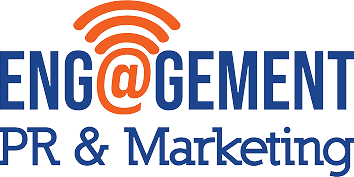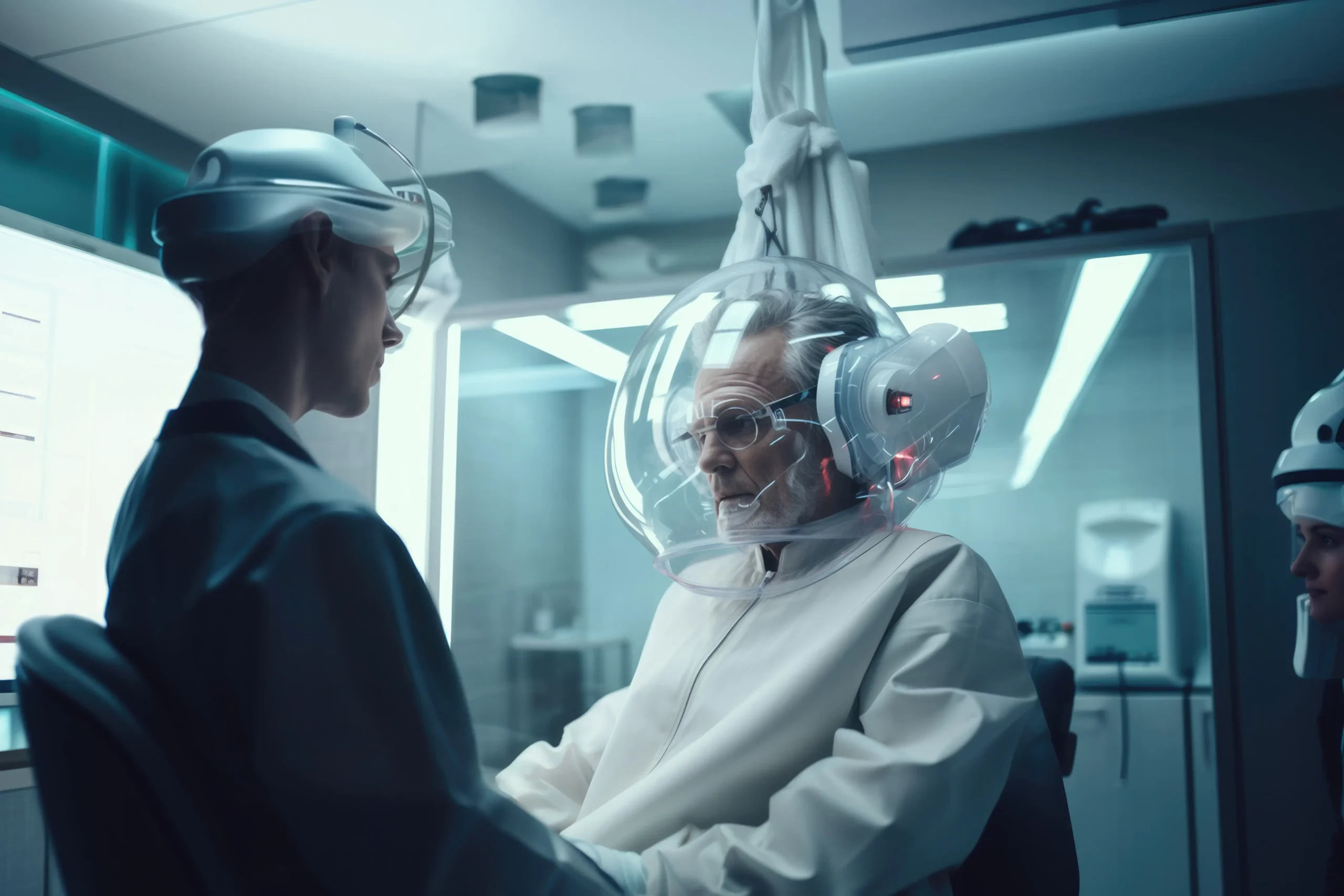Executive Summary
In 2008, US Oncology — one of the nation’s first healthcare management services organizations (MSOs) of doctor-owned community-based practices — was struggling with its reputation and brand awareness. Unknown outside of community oncology and actively disliked within it, the organization faced stalled growth as independent practices refused to affiliate with a brand that had been left undefended in the marketplace. Engagement PR & Marketing redefined US Oncology’s messaging, built thought leadership platforms, and executed a robust media relations campaign. Within the first year, media placements skyrocketed from zero to 350+, growing steadily each year thereafter. The rebrand ultimately repositioned US Oncology as the go-to experts in community oncology, driving network growth and culminating in a $2.16 billion acquisition by McKesson Corporation within just 27 months.
Client Background
US Oncology was a management services organization representing 36 physician-owned oncology practices across the U.S., supporting more than 1,300 cancer specialists and 10,000 nurses, social workers, and staff. The MSO model enabled independent practices to thrive by handling operations, reimbursement, managed care, marketing, research, and administrative functions, allowing physicians to focus on patient care. Despite delivering significant value to member practices, US Oncology’s brand was invisible outside of oncology circles and perceived negatively within them.
The Challenge
- Unknown to broader audiences: A generic name (“US Oncology”) meant Google searches led only to U.S. cancer statistics, not the company.
- Disliked within oncology: By avoiding public positioning, competitors filled the vacuum with negative narratives. One high-profile magazine story labeled them “cancer capitalists,” damaging credibility and making executives distrust media.
- Growth at risk: Independent practices — while appreciating US Oncology’s operational support — refused to showcase the brand publicly until its reputation improved.
- Lost voice in the industry: Without proactive messaging, US Oncology’s expertise in research, patient care, and evidence-based pathways went unrecognized.
Strategic Approach
- Reframing the Narrative – Shifted messaging from “We make doctors better at doctoring” to an evidence- and expertise-driven story.
- Establishing Messaging Pillars – Created verticals highlighting quality of care, research, operational excellence, and evidence-based treatment pathways.
- Media Engagement – Reintroduced US Oncology to national and trade media as credible, expert-driven voices.
- Thought Leadership Platform – Elevated executives and physicians as trusted spokespeople and solution providers.
Implementation
- Media Relations Campaign: Consistent pitching and storytelling tied US Oncology’s expertise to national healthcare conversations.
- Content Development: Created press releases, bylined articles, and expert commentary opportunities highlighting research and pathways.
- Crisis Recovery: Carefully managed narrative to prevent recurrence of negative “cancer capitalist” framing.
- Inclusive Brand Building across all practice sites and corporate: Encouraged physicians and practices to see value in association with the brand by showcasing their expertise in the media and through internal branding strategies.
Results & Metrics
- Zero to 350+ media stories in the first year, growing to 500+ and then 600+ annually.
- Brand awareness transformed: US Oncology became a recognized national leader in community oncology, even partnering with NCCN for refined evidence-based guidelines proven by science to deliver the best results on an 80/20 scale.
- Practice network growth: More practices joined The Network.
- Positive industry perception: The narrative shifted from “cancer capitalists” to the Go-To Experts in community oncology.
- $2.16 billion acquisition: Within 27 months, McKesson Corporation acquired US Oncology — a direct reflection of strengthened brand equity and market position.
- Continued success: Post-acquisition, US Oncology, now referred to as The US Oncology Network, grew EBITDA and brand recognition alongside sustained media presence.
Lessons Learned
- If you don’t claim your brand, competitors will, and they don’t tell your story accurately.
- Messaging matters as much as operations — reframing US Oncology as a data-rich, expertise-driven organization was key to shifting perception.
- Sustained media engagement drives business outcomes — consistent storytelling over time not only builds reputation but directly influences growth and valuation.
Conclusion
Engagement PR & Marketing transformed US Oncology from an unknown and disliked brand into the Go-To Experts in community oncology. Through strategic messaging, media engagement, thought leadership and internal positioning, the brand achieved national recognition, accelerated network growth, and realized a $2.16 billion acquisition in just over two years. This case underscores the power of PR to deliver not only reputation recovery but also significant business outcomes.

